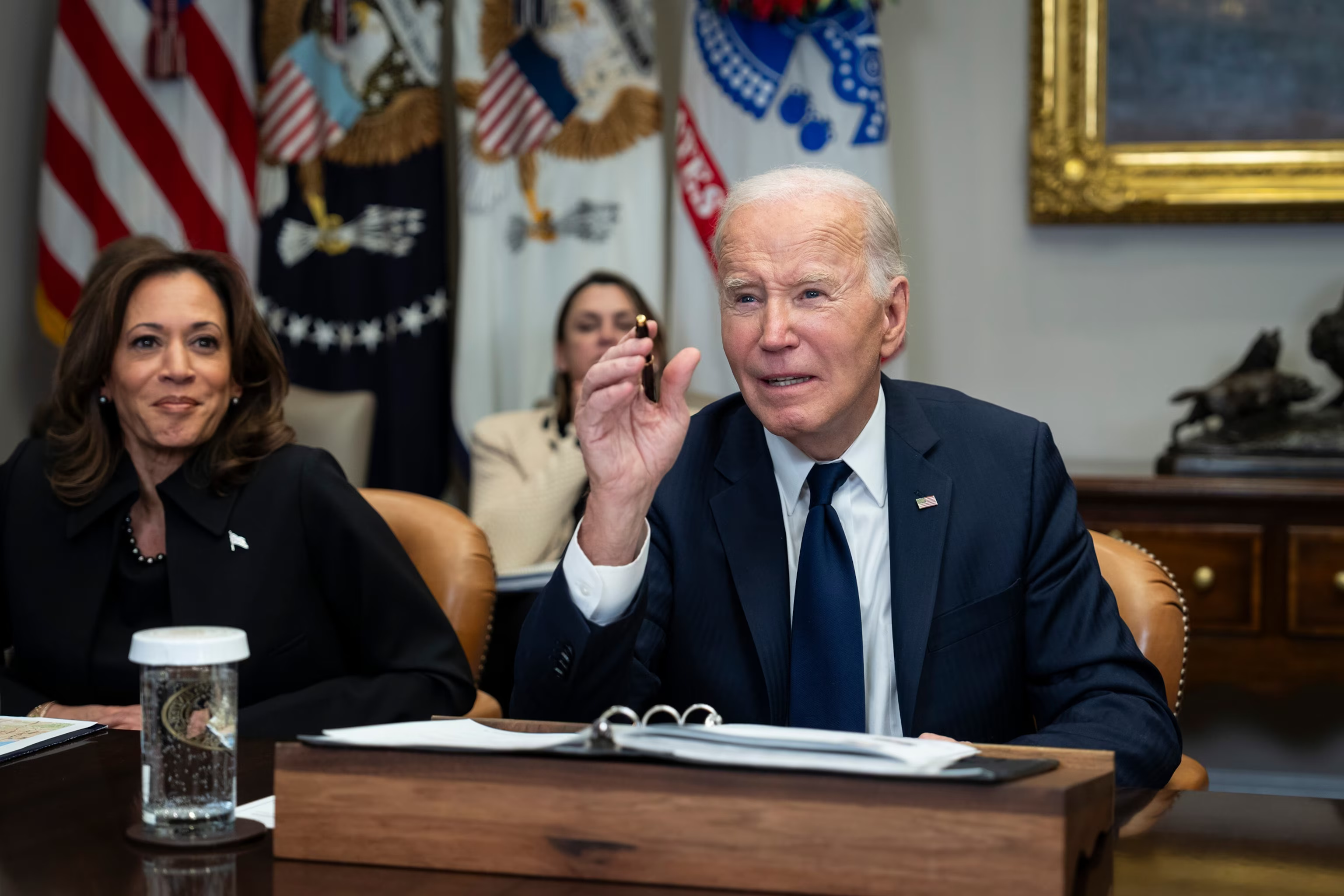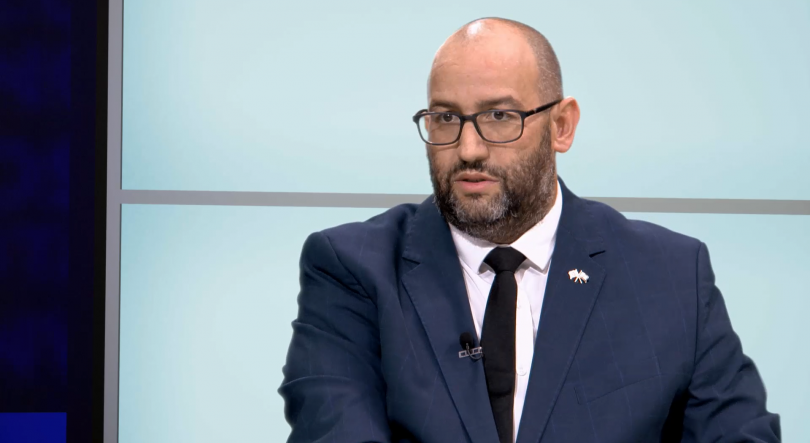Russia’s health ministry has announced the development of a cancer vaccine, which will be provided free of charge to patients.
Andrey Kaprin, head of the Radiology Medical Research Centre at the Russian Ministry of Health, confirmed that the vaccine is expected to launch in early 2025, according to state-run media.
Unlike vaccines designed to prevent cancer, this vaccine will focus on treating patients already diagnosed with cancer. Russian government scientists have suggested that the vaccine will be personalised for each individual patient, akin to the cancer vaccines being developed in the West.
Specific details about which types of cancer the vaccine will target, its effectiveness, and the rollout strategy remain unclear. The name of the vaccine has also not been disclosed.
Similar to other countries, cancer rates in Russia have been rising, with over 635,000 cases recorded in 2022. The most common types of cancer in the country are believed to be colon, breast, and lung cancers.
Personalised cancer vaccines are designed to train the immune system to recognise and attack proteins specific to a patient’s cancer.
These vaccines use RNA derived from the patient’s own tumour. Similar to how traditional vaccines use parts of a virus to prevent disease, cancer vaccines introduce harmless proteins (antigens) from cancer cell surfaces to stimulate the immune system to produce antibodies that target and destroy cancer cells.
Other countries are also advancing personalised cancer vaccine research. In May, researchers at the University of Florida tested an individualised vaccine on four patients with glioblastoma, an aggressive form of brain cancer.
The vaccine triggered a strong immune response within just two days of administration. Dr Elias Sayour, senior study author and a UF Health paediatric oncologist, noted that the tumours shifted from being “cold” (with few immune cells and a suppressed immune response) to “hot” (with a highly active immune response) in less than 48 hours.
In the UK, scientists are testing a personalised vaccine for melanoma, showing promising early results that indicate a significant improvement in survival rates.



